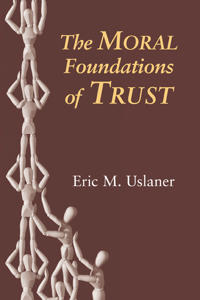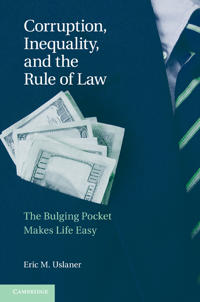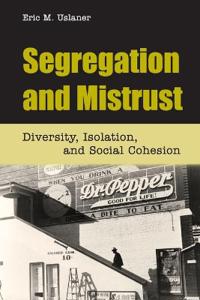Social Capital and Participation in Everyday Life (Häftad)
avPaul Dekker, Paul Dekker, Eric M. Uslaner
ISBN: 9780415406628 - UTGIVEN: 2001-05Gives emphasis on the effect of social capital on everyday life: how the routines of daily life lead people to get involved in their communities. Focussing on its micro-level causes and consequences, the book argues that social capital is fundamentally concerned with the value of social networks and[...]
The Moral Foundations of Trust (Häftad)
avEric M. Uslaner
ISBN: 9780521011037 - UTGIVEN: 200208The Moral Foundations of Trust seeks to explain why people place their faith in strangers, and why doing so matters. Trust is a moral value that does not depend upon personal experience or on interacting with people in civic groups or informal socializing. Instead, we learn to trust from our parents[...]
Corruption, Inequality, and the Rule of Law (Häftad)
avEric M. Uslaner
ISBN: 9780521145640 - UTGIVEN: 201004Corruption flouts rules of fairness and gives some people advantages that others don't have. Corruption is persistent; there is little evidence that countries can escape the curse of corruption easily - or at all. Instead of focusing on institutional reform, in this 2008 book Eric M. Uslaner suggest[...]
Segregation and Mistrust (Häftad)
avEric M. Uslaner
ISBN: 9780521151634 - UTGIVEN: 201209Generalized trust - faith in people you do not know who are likely to be different from you - is a value that leads to many positive outcomes for a society. Yet some scholars now argue that trust is lower when we are surrounded by people who are different from us. Eric M. Uslaner challenges this vie[...]






